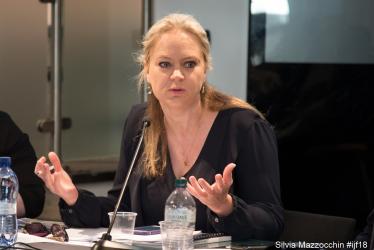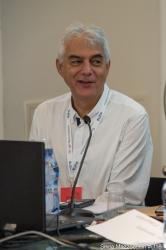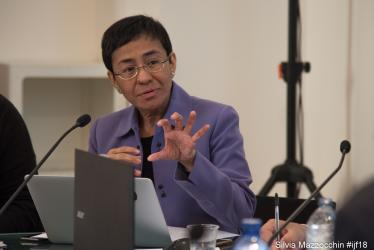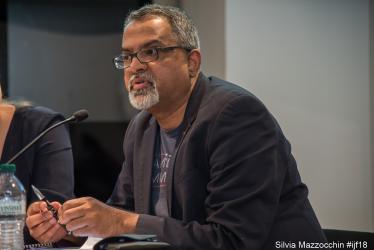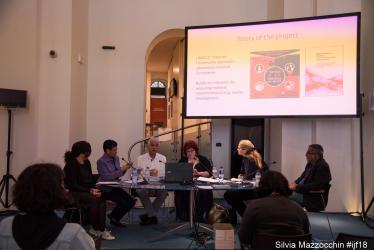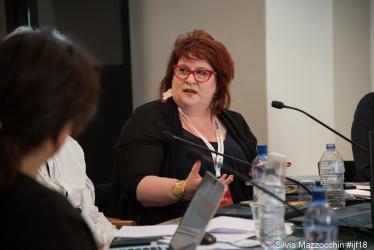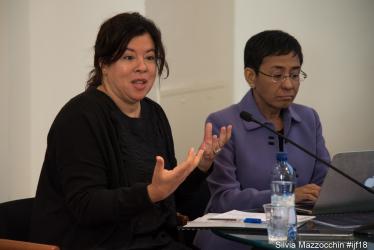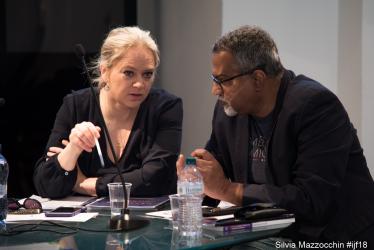The future of journalism is inextricably bound up with the wider Internet ecosystem. UNESCO, the UN agency with primary responsibility for media freedom and journalists' safety, is consulting worldwide on what's worth counting when assessing the internet. The final 'indicators' will form an international standard for mapping national experiences - and for identifying where there are shortfalls. But where do journalism and the news media fit in within UNESCO's paradigm called "Internet Universality"? UNESCO uses the acronym ROAM to identify the key principles of Internet Universality. R for Rights, O for Openness, A for accessibility and M for Multistakeholder participation in internet governance. In terms of R(ights), how should assessments consider press freedom, journalists' digital safety, and confidentiality of journalists' sources and investigations? What indicators relevant to journalism come under O(penness) - encompassing open and transparent standards, markets and content? In regard to A(ccessibility), to what extent can news literacy and access to the internet for researching and publishing journalism be included as issues worthy of attention? And, for (M)ultistakeholder participation in internet governance issues, how significant is it to assess processes as to whether journalists are actively involved?
This consultative session will give participants a voice in shaping the UNESCO indicators - and insight into how the different dimensions of the Internet implicate the future of news.



